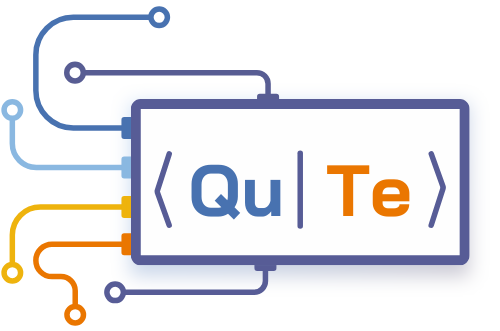ABSTRACT
Quantum computing holds the potential for quantum advantage in optimization problems, which requires advances in quantum algorithms and hardware specifications. Adiabatic quantum optimization is conceptually a valid solution that suffers from limited hardware coherence times. In this sense, counterdiabatic quantum protocols provide a shortcut to this process, steering the system along its ground state with fast-changing Hamiltonian. In this work, we take full advantage of a digitized-counterdiabatic quantum optimization algorithm to find an optimal solution of the p-spin model up to four-local interactions. We choose a suitable scheduling function and initial Hamiltonian such that a single-layer quantum circuit suffices to produce a good ground-state overlap. By further optimizing parameters using variational methods, we solve with unit accuracy two-spin, three-spin, and four-spin problems for 100%, 93%, and 83% of instances, respectively. As a particular case of the latter, we also solve factorization problems involving 5, 9, and 12 qubits. Due to the low computational overhead, our compact approach may become a valuable tool towards quantum advantage in the NISQ era.
DETAILS
- Publication Year: 2024
- DOI 10.1088/2058-9565/ad7880
- Authors Huijie Guan, Fei Zhou, Francisco Albarrán-Arriagada, Xi Chen, Enrique Solano, Narendra N Hegade, He-Liang Huang
-
URL
Quantum Sci. Technol. 10, 015023 (2024)
ABSTRACT
Quantum computing holds the potential for quantum advantage in optimization problems, which requires advances in quantum algorithms and hardware specifications. Adiabatic quantum optimization is conceptually a valid solution that suffers from limited hardware coherence times. In this sense, counterdiabatic quantum protocols provide a shortcut to this process, steering the system along its ground state with fast-changing Hamiltonian. In this work, we take full advantage of a digitized-counterdiabatic quantum optimization algorithm to find an optimal solution of the p-spin model up to four-local interactions. We choose a suitable scheduling function and initial Hamiltonian such that a single-layer quantum circuit suffices to produce a good ground-state overlap. By further optimizing parameters using variational methods, we solve with unit accuracy two-spin, three-spin, and four-spin problems for 100%, 93%, and 83% of instances, respectively. As a particular case of the latter, we also solve factorization problems involving 5, 9, and 12 qubits. Due to the low computational overhead, our compact approach may become a valuable tool towards quantum advantage in the NISQ era.
